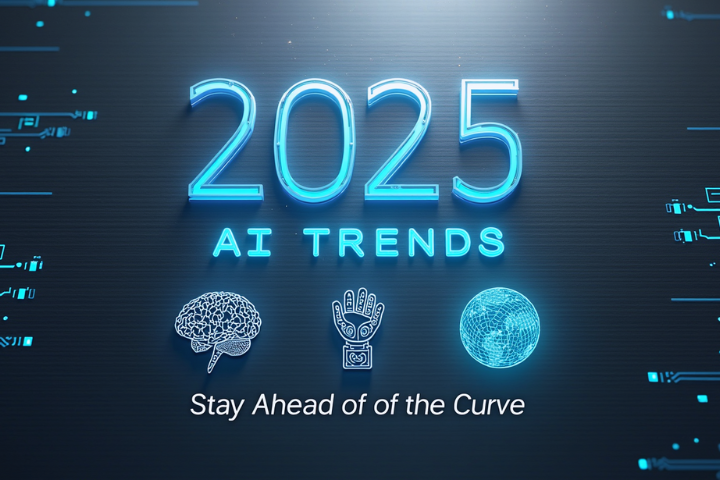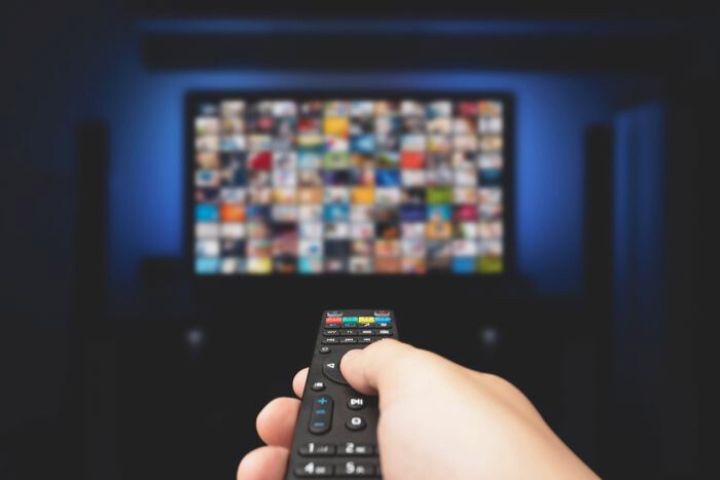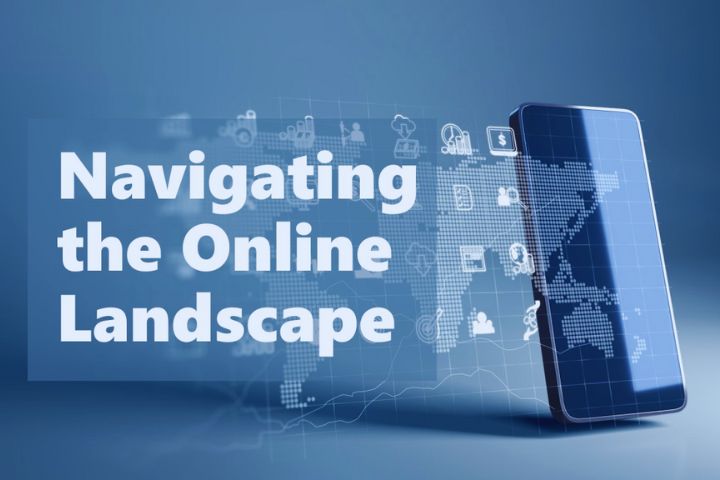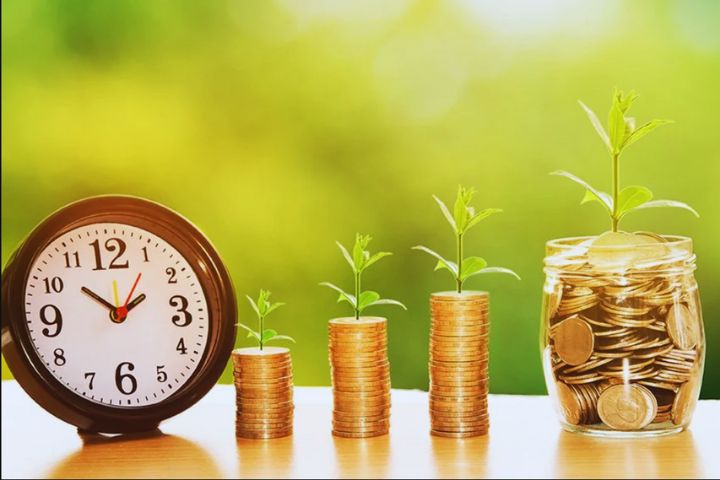Impact COVID-19 Consumers
Gerard Costa, professor in the Department of Marketing Management at Esade, has analyzed the effects of the COVID-19 crisis on consumption and this has been one of his main conclusions, derived from four different macro-trends that are already beginning to take place in everyone: anxiety over lack of control, increased remote shopping, increased caution, and loss of innocence.
Within the framework of the first trend, that of anxiety, generated by a lack of control and trust, Professor Costa has described a “super saver” consumer, who “will not trust anything because they have already experienced two crises in a row and he will have woken up to a much more fragile reality than he thought». «The most important thing in his life will be what has just happened and it will mark everything he does from now on», Costa pointed out, who has described a consumer company, within this context, which will be based on the experience of the previous crisis: “That this can be repeated or extended and that the best thing will be to cut costs, as many companies did in 2008 that, at first they suffered and then recovered.”
“A second trend will be the increase in remote shopping,” he continued. More and more consumers will ask why go to physical stores and not buy online , and many over 36 years old or inhabitants of medium and small towns, until now reluctant to ecommerce, will switch to it. As stated, this change in the purchasing model will lead companies to strengthen their online sales systems to the detriment of physical ones, “with a reduction between 40% and 90% of their operational costs”, and to turn to initiatives such as shop streaming [simulation of purchase in the store], home delivery [home delivery] or darkkitchen [industrial kitchen]. “In parallel, the physical stores that remain will seek to be healthier spaces, they will be clean air stores ,” he pointed out.
The third trend referred to by the Esade professor is the one that will result from those “ultra-cautious customers” who “will only trust a few brands, those that they perceive to be of higher quality and, therefore, safer, even though they are more expensive»: «They will combat their anxiety by controlling what they buy and doing it for a house, their house, which will be their new refuge». To meet the needs of this type of consumer, companies must respond to this sense of control and be present in the mass media, remembering what the consumer has experienced and positioning themselves as their best support: “For this, the company will have to recover the control over the point of sale and the business model of many companies in the collaborative economy, will suffer especially”.
The latest trend, and the most serious socially, as Gerard Costa has explained, will be “the loss of innocence”: “The applause will end and, as in wars, we will all have gotten the best of it at the beginning and then enter a great inequality Social”. In this context, the third and fourth quarters will be key for the world of the consumer company that will have to adjust to a new segmentation and decide which one to target. “From now on, 45% of the population is going to be very vulnerable, they are going to stop consuming and stop paying rent; another 35% will be optimistic, they can be encouraged to buy with different proposals; 10%, the youngest, will live from day to day, and only another 10% will be the ones who will remain ‘comfortable’ as they have done until now”, concluded the Esade professor.



![Top 10 M4uFree Movie Alternatives | M4uFreeMovie in 2022 [Updated]](https://www.techsplashers.com/wp-content/uploads/2022/03/Top-10-M4uFree-Movie-Alternatives-M4uFreeMovie-in-2022-Updated.jpg)








Leave a Reply